Here’s the deal: disasters don’t care whether your family or friends believe in preparedness. If a storm knocks out the power, or shelves go empty at the grocery store, you’ll all be living through it together.
That’s why one of the toughest parts of being a prepper isn’t the gear, the food, or the skills—it’s figuring out how to prepare without alienating the people you love.
A lot of folks roll their eyes at the word prepping. They imagine bunkers, gas masks, and doomsday TV shows. But preparedness isn’t about paranoia—it’s about making life easier when the unexpected shows up. And I don’t care who you are, life has a way of throwing curveballs.
Don’t Preach—Show
One of the biggest mistakes I see preppers make is trying to “convert” everyone around them. Nobody wants to sit through a lecture about EMPs, hyperinflation, or zombie hordes. If you hammer people with worst-case scenarios, they’ll shut down.
Instead, just quietly prep in a way that benefits the household. When the power goes out and your generator kicks on, or when the pantry’s full during a snowstorm, you won’t have to say a word. They’ll notice. And trust me—results are way more convincing than words.
Keep It Practical
Most people aren’t ready to talk about global collapse—but everyone understands the frustration of a blackout, a job loss, or an ice storm that empties the stores. That’s the entry point.
Instead of saying, “We need to prep for when society collapses,” try, “Hey, remember that storm last winter when we couldn’t find bottled water? Let’s keep a couple extra cases in the basement so we don’t have to scramble next time.”
Simple. Non-threatening. Common sense.
Lead With Everyday Skills
Not all prepping has to look like prepping. Gardening, camping, canning, fishing, fixing stuff around the house—those are survival skills in disguise.
Invite your family to plant a few tomatoes, go on a weekend camping trip, or take a first aid course together. Don’t frame it as “survival training”—frame it as fun, useful activities. Over time, these little experiences add up.
Prep for Them Anyway
Here’s the truth: not everyone in your circle will ever get on board. That’s fine. Prep for them anyway.
If your spouse won’t stock food, tuck away enough for them, too. If your buddy thinks preparedness is a joke, you’ll be glad you set aside a little extra when he’s in need. It doesn’t mean you let people take advantage of you—it just means you care enough to build in a buffer.
Keep Some Things Quiet
Another concern I hear all the time: “If people know I prep, won’t they just come knocking?”
That’s why I tell folks to keep details to themselves. You don’t need to advertise how much food or ammo you’ve got stacked up. Talk about preparedness in general terms, not specifics. Share the why, not the how much.
Money Counts Too
Prepping isn’t just about beans and bullets—it’s about being financially resilient. A few months of savings, paying down debt, or picking up a side hustle is survival in its own right. And for a lot of people, talking money is less intimidating than talking disasters.
Bottom Line
Preparedness doesn’t have to be extreme, scary, or divisive. In fact, the best way to bring people on board is to show how it makes everyday life safer, easier, and less stressful.
Don’t nag. Don’t scare. Just live it out. When the next storm hits, or the next job loss comes, your calm, steady readiness will speak louder than any lecture ever could.
Preparedness isn’t about doom and gloom. It’s about peace of mind. And who doesn’t want more of that?
You might also like this blog post on survival fishing tools: 8 Survival Fishing Tools That Actually Put Protein On The Fire
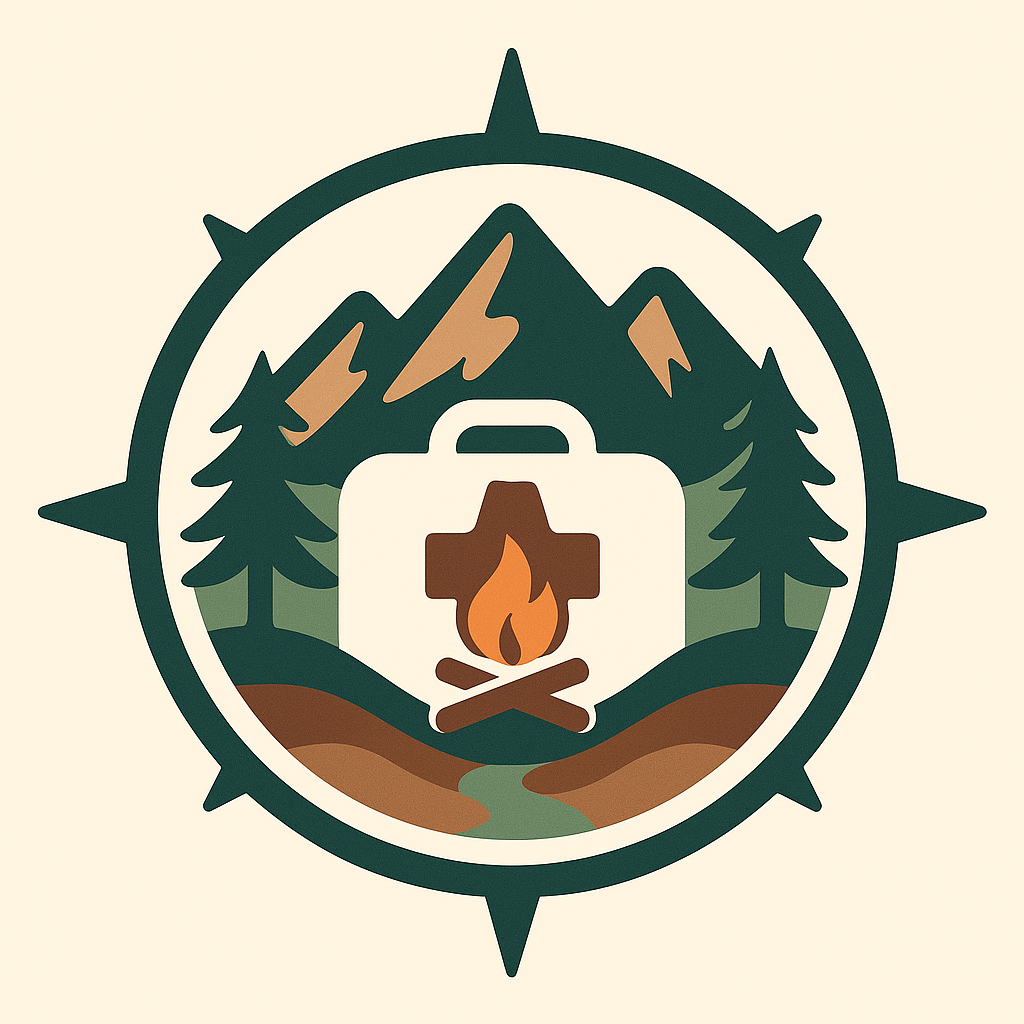

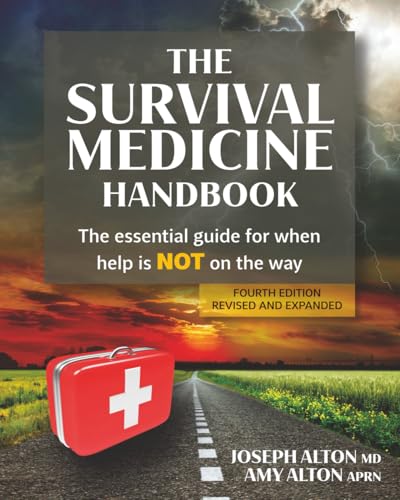
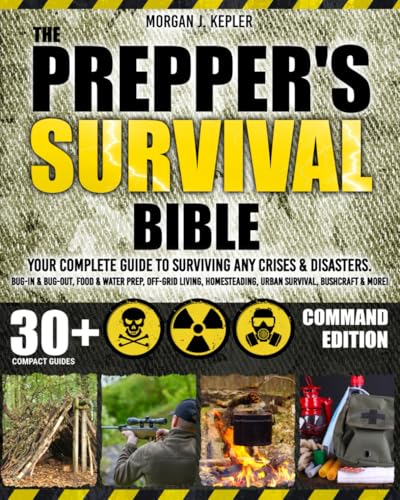
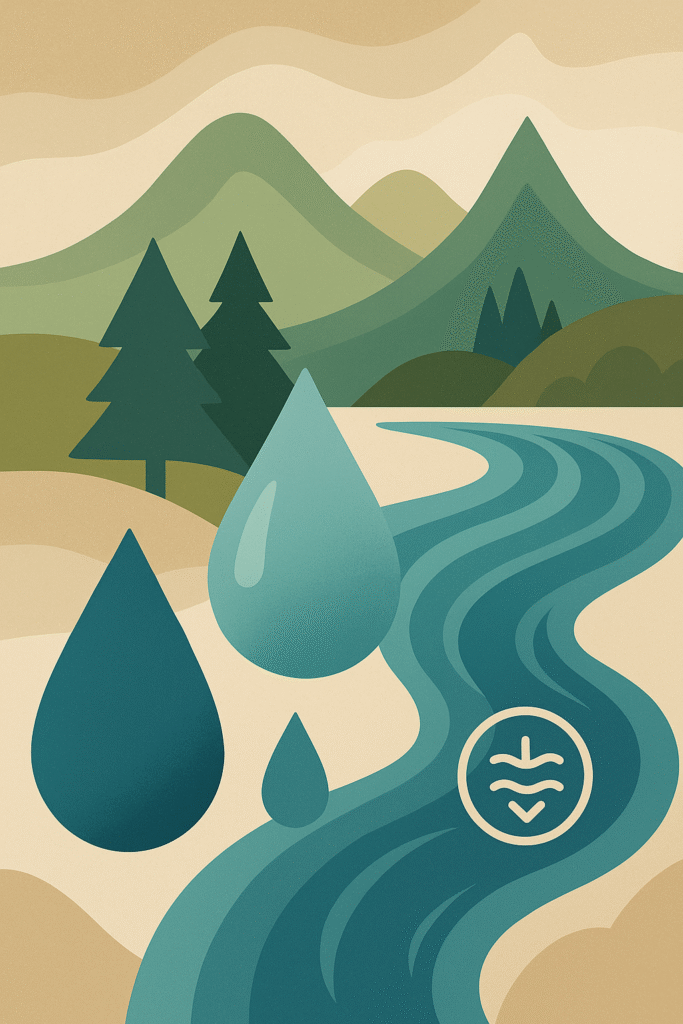
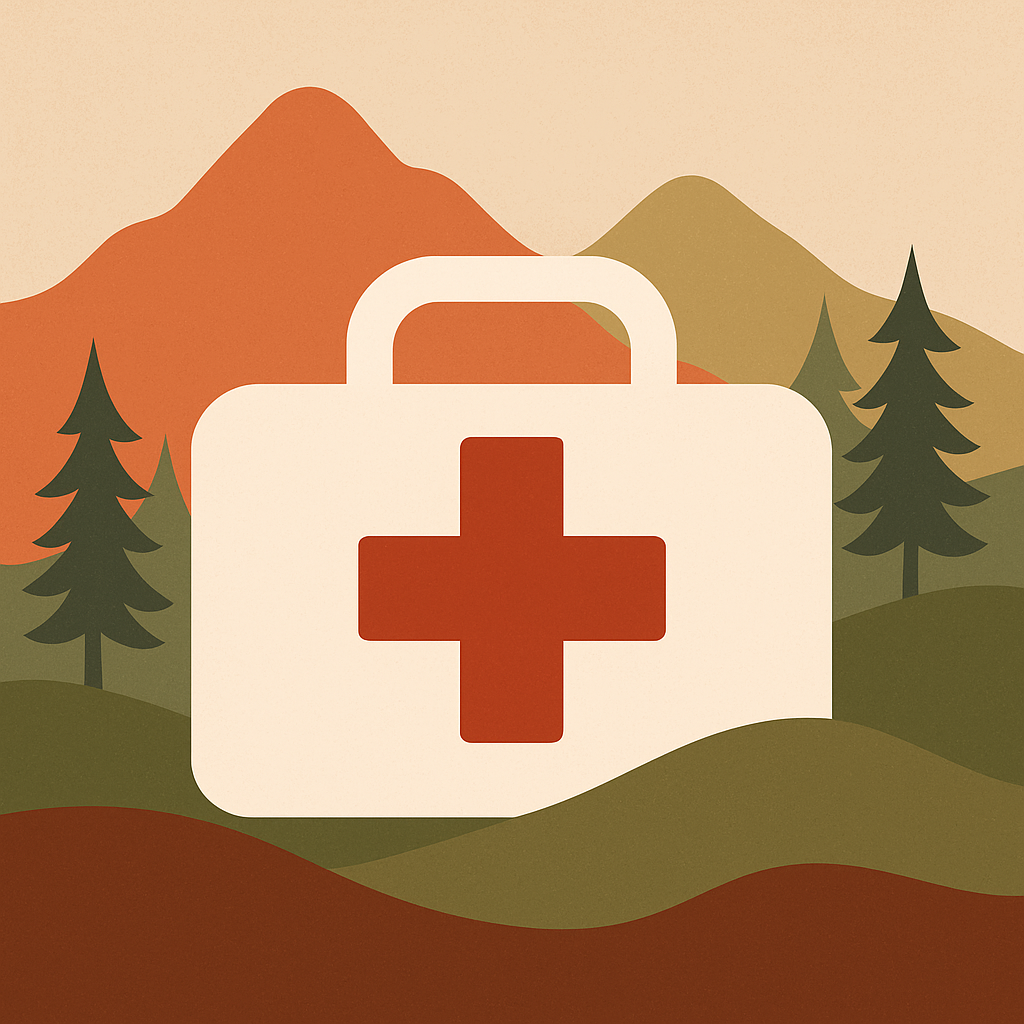
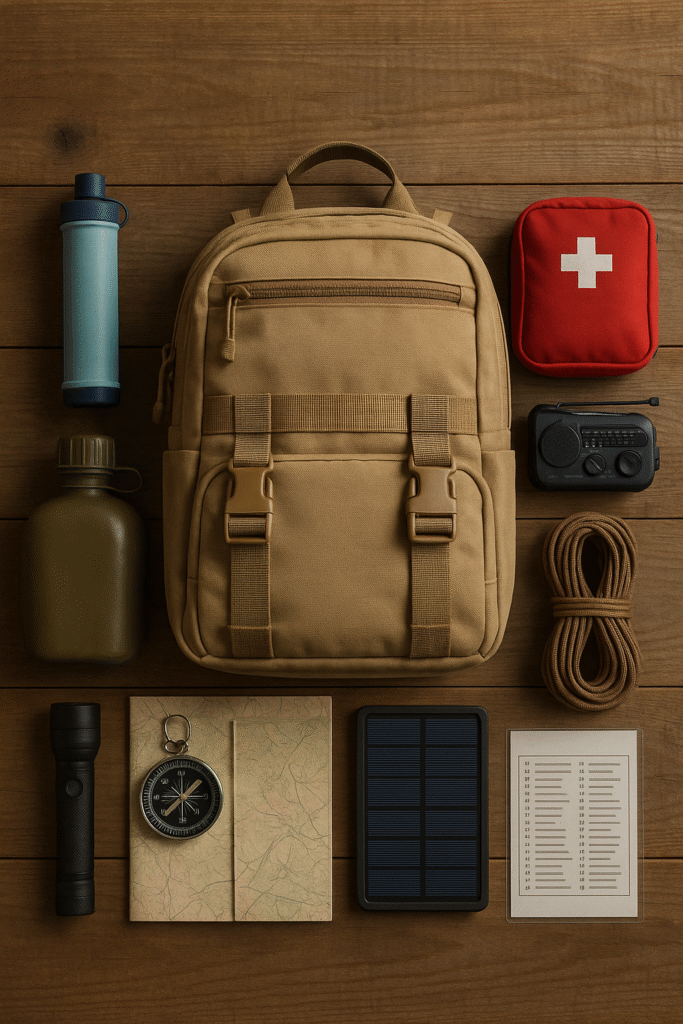
Pingback: Best Water Filtration Systems for Survival